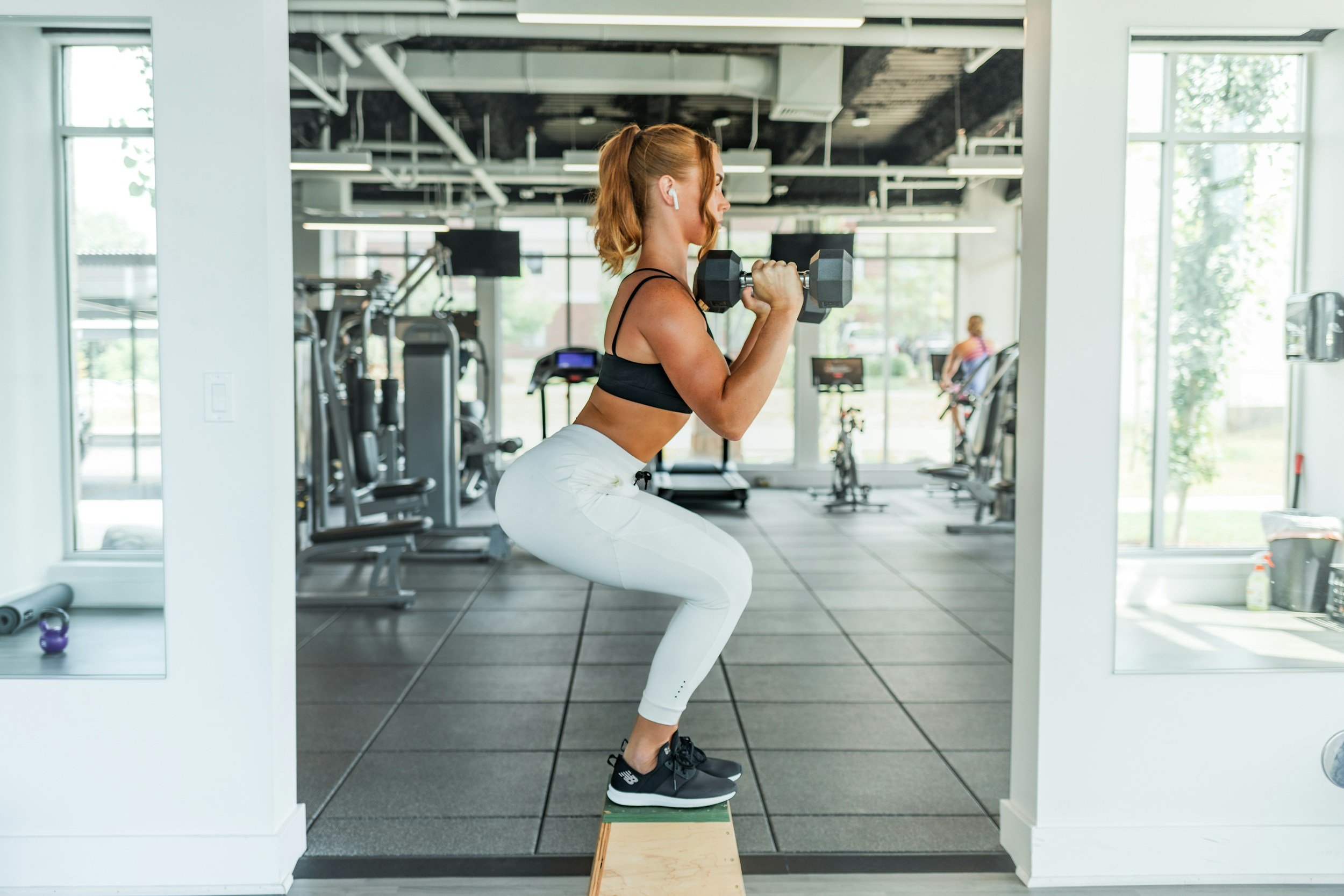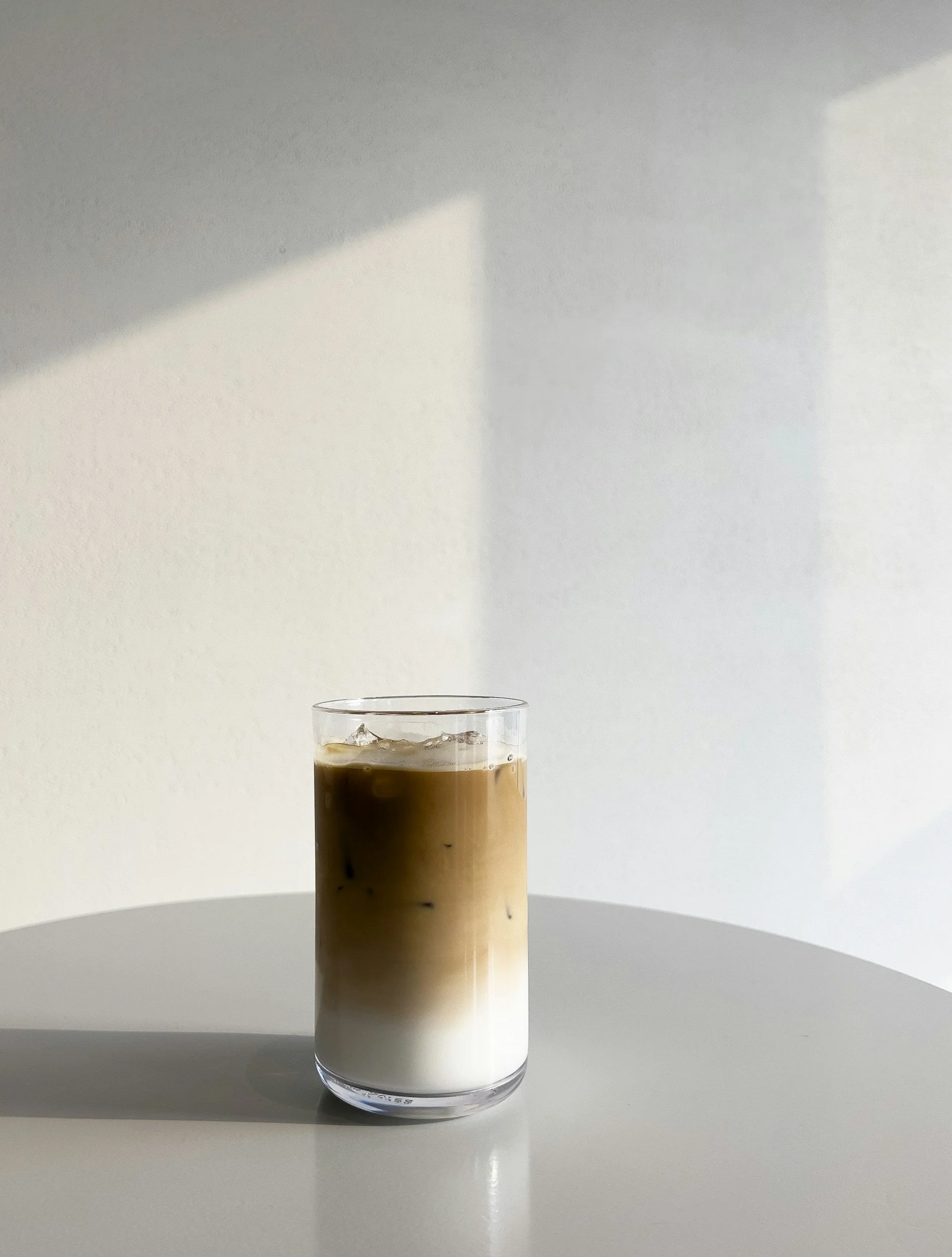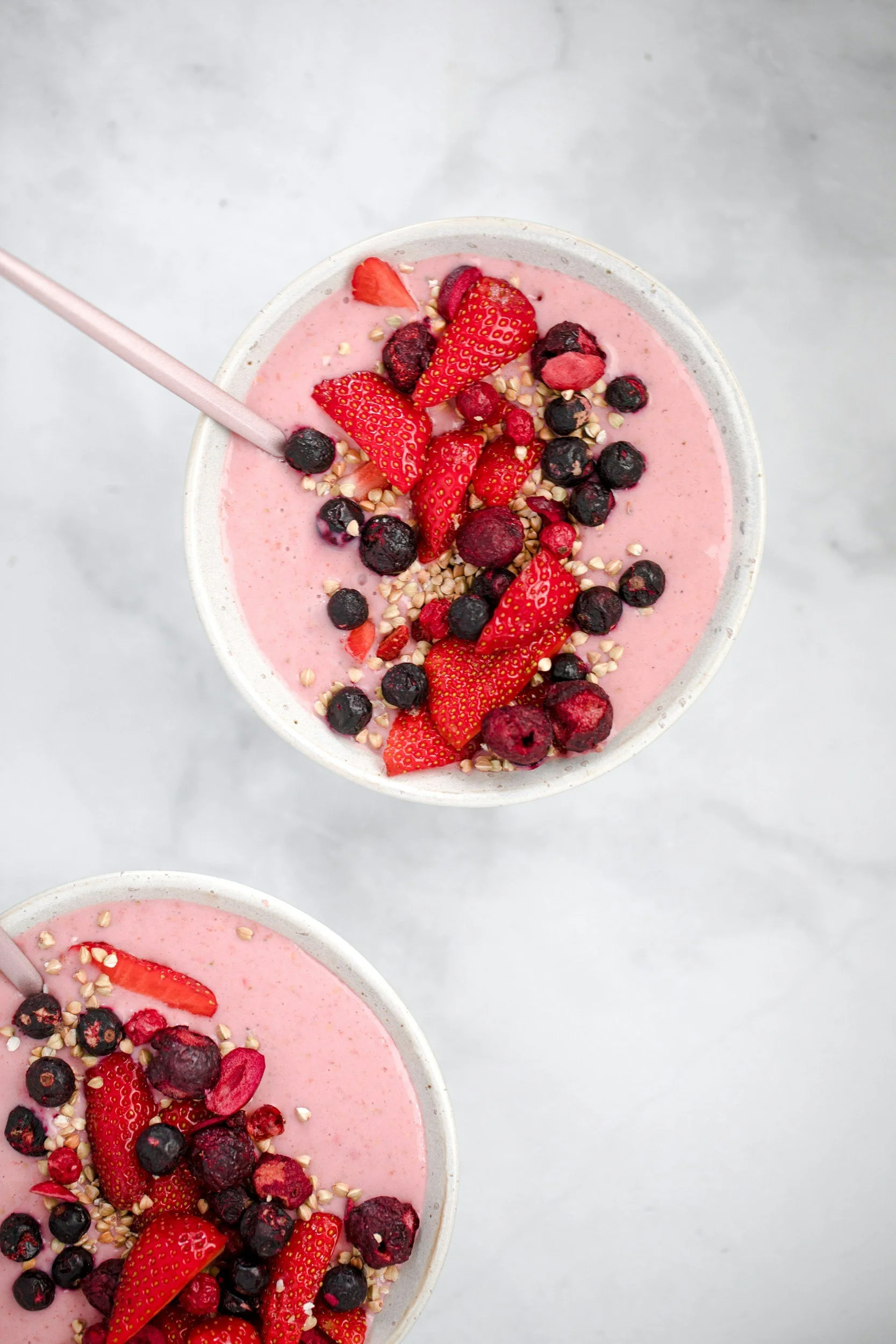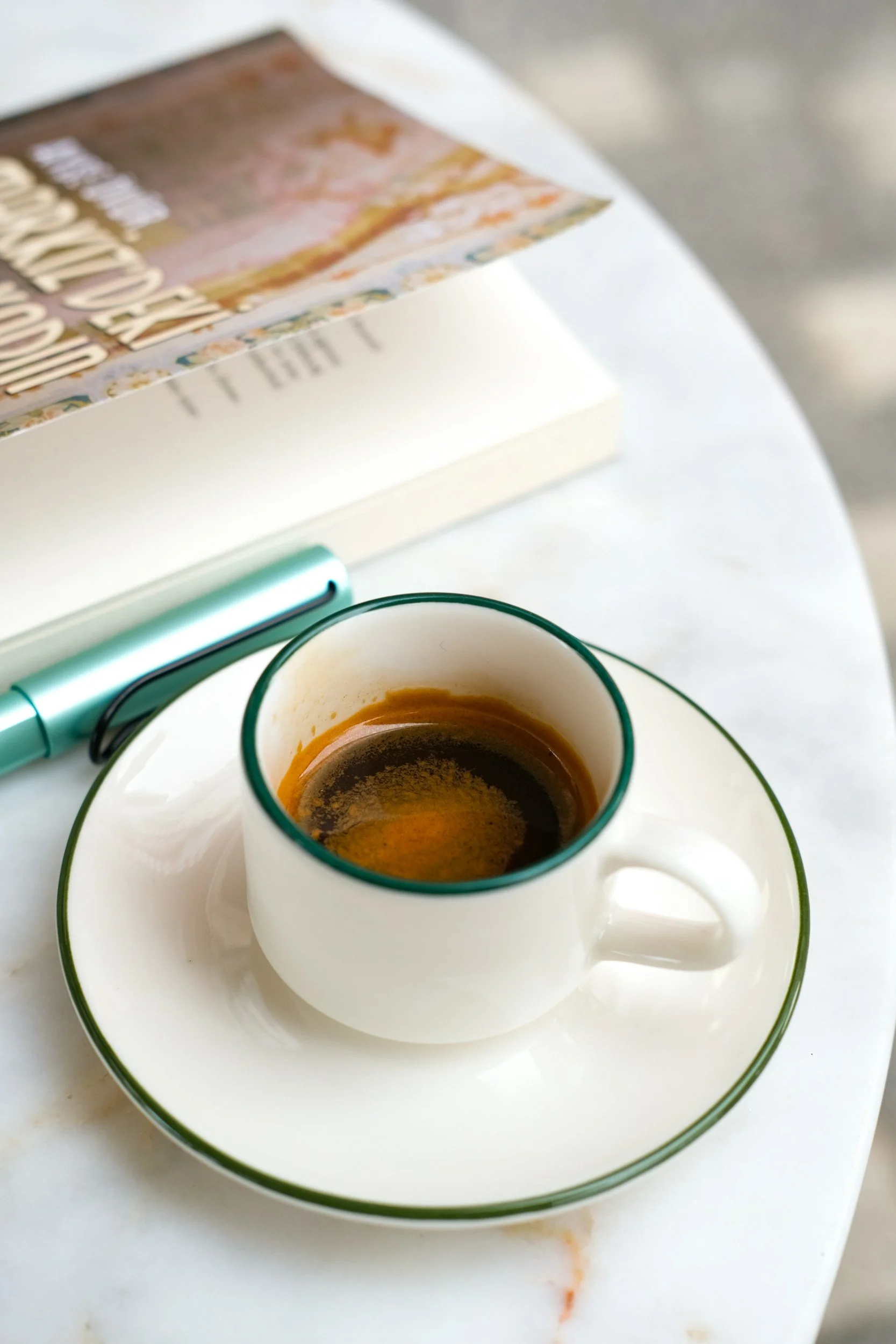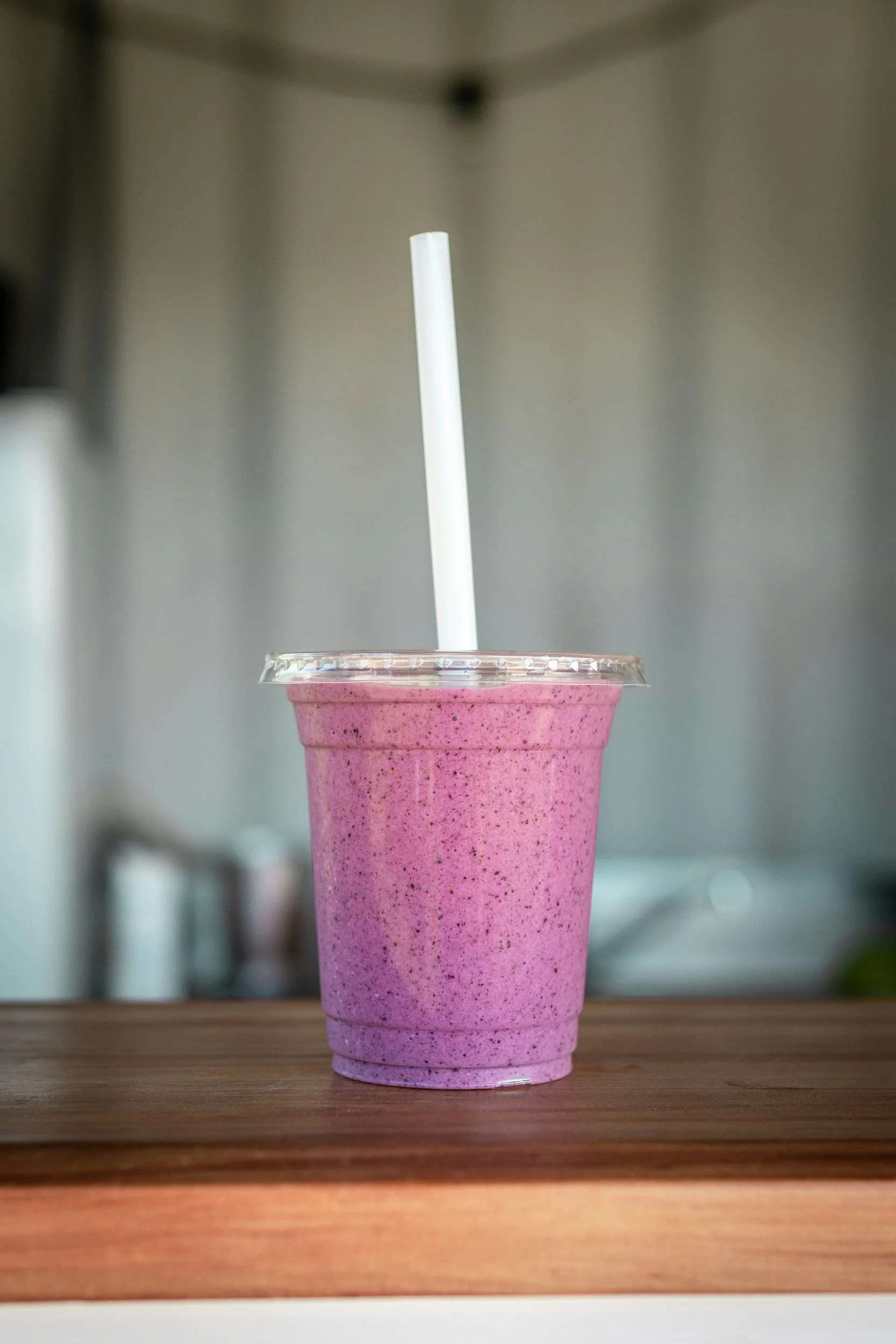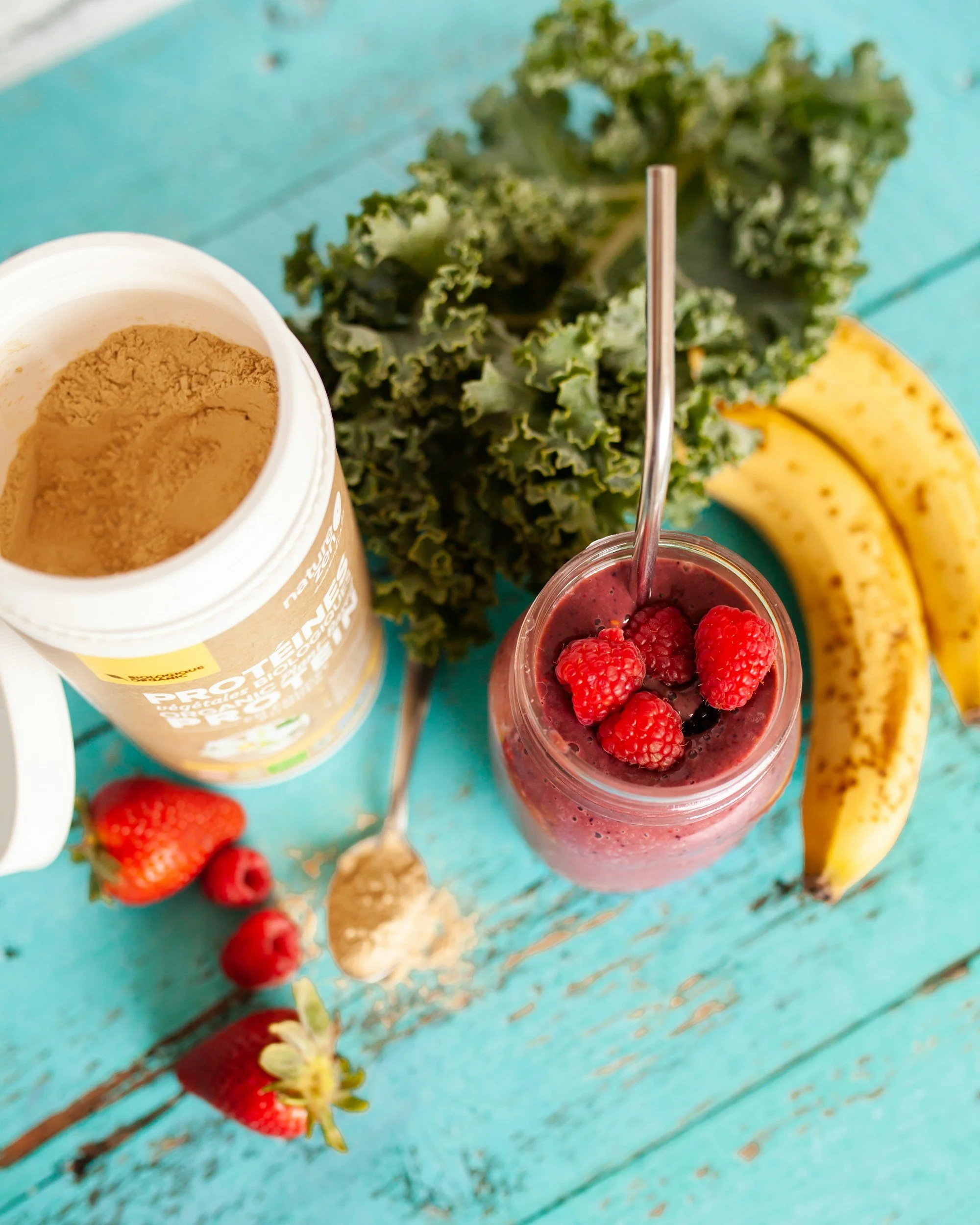Struggling To Get Enough Sleep? 4 Things To Try
/With our day-to-day lives becoming busier, fitting in an adequate amount of sleep is becoming more and more of a challenge. If, when you do finally get in to bed, you struggle to drift off, it can all feel like something of a disaster. Research by the Sleep Help Foundation shows that one in every three people suffer with at least mild insomnia. Difficulty sleeping can arise at different points in our lives for a variety of reasons and can often be related to stress in our work or home lives, anxiety or depression. In fact, at any given time, around 10% of people are suffering with insomnia.
Although medication is available to help with sleeping, this is not a long-term solution. Here are four things you can try as part of your everyday bedtime routine to help you get enough sleep:
Make considered food and drink choices
If your morning routine includes boiling the kettle for a cup of coffee, you will already know the power of caffeine as a stimulant. It is recommended that you avoid caffeine for at least four to six hours before you plan on going to bed. Instead opt for a ‘bedtime tea’ such as chamomile, lavender or passionflower. It is also recommended that a meal high in carbohydrates is consumed at least four hours before bedtime.
Practice yoga
It's estimated that 20.4 million people practise yoga on a daily basis, and performing it is a great way to relax before going to bed. Whether you’ve spent the day hunched over a computer or dashing around on your feet, you’re bound to have built up some unwanted tension through the day.
It is important to do the right kind of yoga at bedtime. Vinyasa yoga will help you feel energised so it's best avoided at this time. A few gentle stretches, however, will lengthen the muscles and release any tension to leave you feeling relaxed. Including meditation in your night time yoga practice is also a great way to clear the mind and increase melatonin levels ready for sleep.
Get comfy
Comfort is hugely important for a good night’s sleep and a big part of this is down to temperature. The optimum temperature for sleep is between 60–75°F. Start by taking a warm shower, and afterwards, as your body starts to cool down it will signal to your brain that it is time for sleep. Pop on your comfiest pjs, whether that’s a fleecy set or a silky nightie, and snuggle under the duvet.
*Conversely, in warmer climates, make sure your air temperature inside is cool enough to lower your core temperature. This will also help to induce a restful night of sleep. - Vita Vie Retreat
Switch off
Our phones, laptops, and televisions are all detrimental when it comes to getting adequate sleep. The blue light emitted from these screens can cause a delayed release of melatonin and disrupt the natural body clock. Avoid using screens for a couple of hours before you go to bed. Instead, snuggle up with a good book. This will distract your mind and help you to switch off from the stresses of the day ready for a good night’s sleep.
SUMMING IT UP
Pay attention to the components mentioned above that may be contributing to lack of sleep. Are you eating the right foods or too much of the wrong foods? Do you practice yoga or meditation to relax you? Is your bed and bedroom comfortable and relaxing? And last but not least, are you turning off your electronic devices before bed in order to relax and disconnect? It may take a little while to figure out what is disrupting your sleep. Try one or two of the methods mentioned in this post to see if they work for you. Journal your progress to determine what exactly is working and what isn’t. Here’s to better sleep soon!
YOU MIGHT LIKE: 5 WAYS TO TURN YOUR HOME INTO A SPA
GET THE LATEST RETREAT UPDATES + FITNESS TIPS
Sign Up For Our E Newsletter















